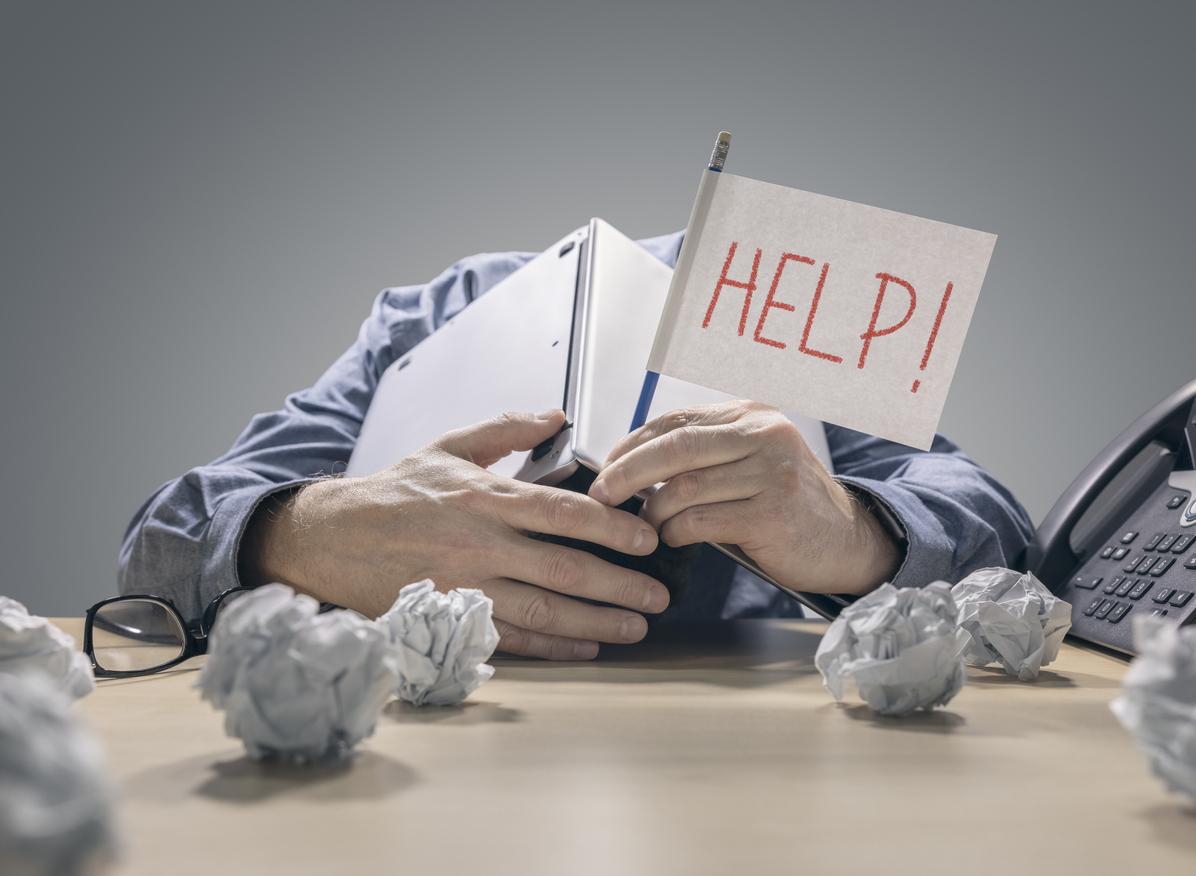In France, the syndrome is not recognized as an occupational disease, whereas it has been in Japan since 1970. But specialists know it well.
The syndrome, which until now mainly targeted employees whose activity involved significant relational contact such as teachers or the medical professions, has affected all professional categories for ten years, according to specialists.
“burnout is a subject that must be taken head on, there have already been too many dramas in the company“, warns Sébastien Busiris (FO). He pleads for its recognition as an occupational disease, like his trade union counterparts (CFDT, CGT, CFE-CGC) present at the conference organized by Jean-Claude Delgènes, director of the cabinet for the prevention of occupational risks Technologia.
The current professional context is hardening with “mass unemployment that lasts, new work organizations aggravated by the demand for profitability, less and less realistic objectives and governance that does not respect people” explains Doctor Agnès Martineau-Arbes.
“Burn-out is necessarily work-related: it is a professional over-commitment characterized by emotional exhaustion, loss of self-esteem and dehumanization of the relationship with others.“, explained doctor Agnès Martineau-Arbes.
For this occupational physician, the English term sums up well the state of a person who “consumes itself, physically and morally until total exhaustion, until having burned all its reserves“. It reaches people “extremely committed to their work and who want to do well“, she specifies.
Screening “is extremely complex, and once diagnosed, treatment is long and difficult”, warns Dr. Martineau-Arbes. “Returning to work can sometimes take years. We do not come out unscathed from a burn-out, we keep traces and sequelae”, concludes the occupational doctor.
“Exposed to a permanent stress, the employee does not manage to pick up, increases the cadences (…). He does more and more for less and less good results. Finally, the employee acquires the conviction that he has become incapable of doing his job.“, summarizes Ms. Martineau-Arbes.
Employees close to burnout often suffer from sleep disorders, fatigue, loss of memory and concentration, depressive symptoms, back problems, ulcers, hypochondriasis, irritability and anxiety that can go as far as panic. There may also be overconsumption of alcohol, cigarettes and drugs.
Watch the video Stress management
Your browser cannot display the video
Find the video “Stress Management” on Minuteeasy.com


















